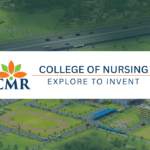
About CMRCON
CMRCON (CMR College of Nursing) is dedicated to advancing education, research, and healthcare practices in the field of nursing. Committed to fostering excellence, leadership, and innovation, CMRCON strives to empower future healthcare professionals and contribute to the well-being of communities through quality nursing education and compassionate care.
Chairman’s Message

Ch.Gopal Reddy (B.E)
Chairman, CMR Group of Institutions
It is rightly said by our Bharat Ratna, Dr. APJ Abdul Kalam “Dream is not that which you see while sleeping, it is something that does not let you sleep.”
Yes!!! Indeed, it was our dream, goal and ambition, to establish a Knowledge Centre, a Temple of learning, i.e., “CMR Group of Institutions”, which can be witnessed today on sprawling area of 70 acres on Medchal Road, Hyderabad. Currently under CMR Group of Institutions, established in the year 2002, there are 04 Engineering Colleges and 01 Pharmacy College with over
15000 students studying in various streams of Engineering, Management and Pharmacy. The thirst for Excellence & Service has never subdued among us, thus we wish to make deeper inroads in the field of education by venturing into university, named
“CMR Global University”, which will be seeing the light of day soon.
Vison & Mission
Vision
Empowering Future Leaders, Inspiring Innovation, and Fostering Excellence in Every Sphere.
Mission
To nurture a dynamic learning environment, cultivate leadership qualities, and promote cutting-edge research for the holistic development of individuals and society at large.
Courses Offered

B.Sc (Nursing)
Bachelor of Science in Nursing prepares professionals for comprehensive patient care through rigorous theoretical and practical education.

GNM
General Nursing and Midwifery (GNM) program equips students with essential skills for comprehensive healthcare delivery and compassionate patient care.
Blogs

Welcome to WordPress. This is your first post. Edit or delete it, then start writing!
Frequently Asked Questions
Educational Qualifications: Applicants may be required to have completed a certain level of education, often a high school diploma or an equivalent qualification.
Prerequisite Courses: Some nursing programs may have specific prerequisite courses in subjects like biology, chemistry, and mathematics.
Entrance Exam: Many nursing schools require applicants to take a standardized nursing entrance exam, such as the TEAS (Test of Essential Academic Skills) or HESI (Health Education Systems, Inc.) exam.
GPA Requirements: A minimum GPA (Grade Point Average) may be required for admission. This could be an overall GPA or a GPA specifically in certain prerequisite courses.
Letters of Recommendation: Some programs may ask for letters of recommendation from teachers, employers, or other individuals who can speak to the applicant’s qualifications.
Personal Statement or Essay: Applicants may be required to submit a personal statement or essay explaining their interest in nursing and their career goals.
Interview: Some nursing programs may require an interview as part of the admission process.
Clinical Experience: Having prior healthcare or clinical experience can be an asset for admission into nursing programs.
Bachelor of Science in Nursing (B.Sc. Nursing) and General Nursing and Midwifery (GNM) are common nursing programs. B.Sc. Nursing is a four-year undergraduate program that prepares students for a career in nursing, while GNM is a diploma program that typically takes three and a half years to complete.
Research the Program:
- Understand the specific nursing program offered by CMR.
- Check for admission requirements, including academic prerequisites, entrance exams, and any other criteria.
Complete Prerequisites:
- Ensure that you have completed any required prerequisite courses or exams.
Gather Required Documents:
- Prepare necessary documents, such as transcripts, letters of recommendation, personal statements, and a resume.
Take Entrance Exams:
- Some nursing programs require applicants to take standardized tests like the TEAS (Test of Essential Academic Skills) or the HESI (Health Education Systems, Inc.) exam.
Submit Application:
- Complete and submit the application form through the institution’s admissions portal. This may be an online application.
Pay Application Fees:
- Pay any required application fees.
Interview (if required):
- Some nursing programs may require an interview as part of the selection process.
Check for Additional Requirements:
- Be aware of any additional requirements, such as health screenings, background checks, or immunization records.
Financial Aid and Scholarships:
- Explore financial aid options and scholarships that may be available for nursing students.
Wait for Admission Decision:
- After submitting your application, wait for the institution to review your materials and make an admission decision.
Teaching: Faculty members are responsible for delivering lectures, organizing clinical experiences, and providing guidance to nursing students. They may teach a variety of courses, including theory classes, laboratory sessions, and clinical rotations.
Research: Many nursing faculty engage in research activities, contributing to the advancement of nursing knowledge and evidence-based practice. This research can cover a wide range of topics within the healthcare and nursing field.
Clinical Practice: Some nursing faculty members may continue to practice clinically to stay current with industry trends and contribute real-world experience to their teaching.
Mentoring: Faculty members often serve as mentors to nursing students, providing support, guidance, and career advice.
Administrative Roles: In addition to teaching, faculty members may take on administrative roles within the nursing program, such as program directors, coordinators, or department heads.







